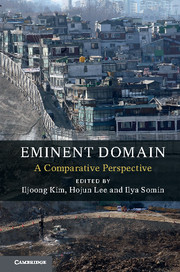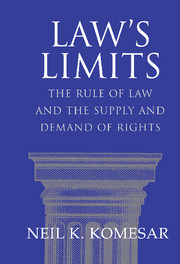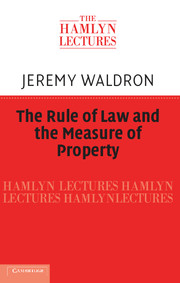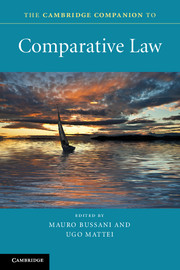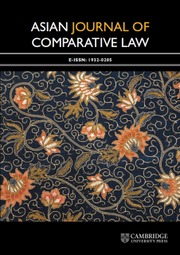Eminent Domain
The taking of private property for development projects has caused controversy in many nations, where it has often been used to benefit powerful interests at the expense of the general public. This edited collection is the first to use a common framework to analyze the law and economics of eminent domain around the world. The authors show that seemingly disparate nations face a common set of problems in seeking to regulate the condemnation of private property by the state. They include the tendency to forcibly displace the poor and politically weak for the benefit of those with greater influence, disputes over compensation, and resort to condemnation in cases where it destroys more economic value than it creates. With contributions from leading scholars in the fields of property law and economics, the book offers a comparative perspective and considers a wide range of possible solutions to these problems.
- Discusses common patterns of eminent domain abuse in a variety of countries
- Provides an analysis of proposed remedies for eminent domain abuse, put forward in many nations
- Offers an understanding of ways to strengthen protection for property rights and to promote economic development without abusing the power of eminent domain
Reviews & endorsements
'This volume is a superb analysis of eminent domain at a genuinely global level. It shows a close relationship between a nation’s level of economic development and the degree of protection for private property rights against takings. The organization is systematic in that the authors faithfully follow a unified analytic framework to overcome the difficulty of making meaningful inter-jurisdictional comparisons. As a judge who has experienced different stages of development in my own country, I am certain that professional and lay readers alike can benefit from this wide-ranging and learned book.' Soon-il Kwon, Honorable Justice, Supreme Court of Korea
'In Eminent Domain: A Comparative Perspective, Ilya Somin, Hojun Lee, and Iljoong Kim have assembled a panoramic view of the law of eminent domain across nations as diverse as Germany, the United States, South Korea, and Taiwan. Providing an exceptionally complete yet concise summary of each regime, this volume also provides an extraordinarily useful framework for understanding how and why each system succeeds or fails in safeguarding fundamental rights to retain what one owns in the face of eminent domain. It is an essential volume for anyone studying or defending the right to private property.' Roderick M. Hills, William T. Comfort, III Professor of Law, New York University
‘The use of the eminent domain power is common throughout democracies in both the developed and developing world. The exercise of that power, so necessary for sustainable growth, is also fraught with great peril. This timely and instructive volume fills a major gap in the literature by examining the ups and downs of eminent domain in a comparative context, with special emphasis on the law of South Korea, which has been the home to some of the most important takings conflicts in recent years.’ Richard Epstein, Laurence A. Tisch Professor of Law, New York University
Product details
April 2017Adobe eBook Reader
9781316829998
0 pages
0kg
30 b/w illus. 18 tables
This ISBN is for an eBook version which is distributed on our behalf by a third party.
Table of Contents
- 1. Taking law from an economic perspective Hans-Bernd Schäfer
- 2. Eminent domain in the United States Ilya Somin
- 3. Direct expropriation: the multi-layered legal protection in Europe Anne van Aaken
- 4. Eminent domain law in Taiwan: new law, old practice? Yun-chien Chang
- 5. Compulsory land acquisition in developing countries: shifting paradigm or entrenched legacy? Jonathan Lindsay, Klaus Deininger and Thea Hilhorst
- 6. Public interest criteria and Korea's scrutiny system Hojun Lee
- 7. Who exercises the eminent domain power in Korea: with focus on private takings Iljoong Kim
- 8. Just compensation in eminent domain in Korea: from the perspective of fairness Byungkoo Cho
- 9. Overall due process in takings in Korea Kisang Jung
- 10. Distribution of development surplus in takings Sungkyu Park
- 11. Takings, disputes, and resolutions in Korea: a quantitative review Duol Kim.

